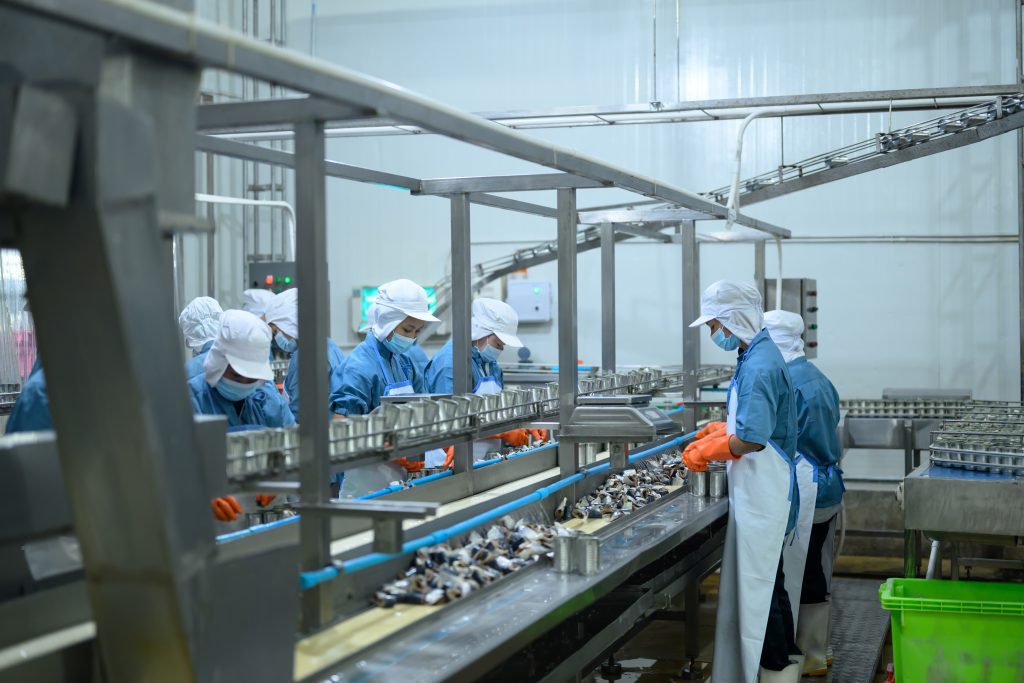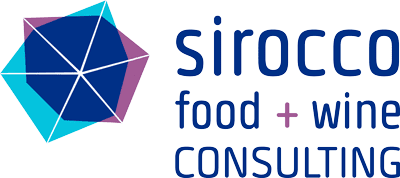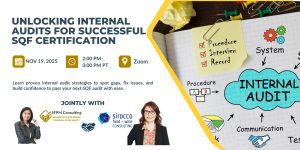What is Change Management?
The American Society for Quality (ASQ) defines change management as the strategies and practices a company uses to implement internal and external changes. This includes preparing and supporting employees, outlining the steps needed for change, and monitoring outcomes before and after implementation to ensure success.
In the food industry, any change that could affect food safety or quality must be carefully evaluated and planned. Effective training and process monitoring help mitigate risks and ensure that product specifications continue to meet regulatory and customer expectations.
Why is effective change management crucial for food businesses facing new regulations?
Food companies must comply with safety regulations to avoid recalls, legal action, and damage to their reputation. Regulatory agencies have the authority to mandate recalls when public health is at risk. Failure to implement change properly and train employees can also jeopardize food safety certification status.
For example, allergen mislabeling is a major reason for food recalls—accounting for about 33% of incidents in North America. Any change in formulation or suppliers may alter the allergen profile of a food, requiring a label review. SQF Edition 9, clause 2.3.2.5, mandates that raw material suppliers notify manufacturers of any compositional changes that could impact formulation—such as allergens, moisture, or contaminants.
How does proactive change management help maintain compliance and reduce stress in food businesses?
Companies with a structured Food Safety Management System (FSMS) are better positioned to handle change efficiently. By integrating change management into routine reviews and planning, businesses can evaluate risks, allocate resources, and use project management tools (e.g., checklists, schedules, GANTT charts) to guide changes.
For example, updates in customer requirements are captured during contract reviews. If changes affect the food manufacturing process or finished product specifications, the HACCP team evaluates risks and determines necessary controls, such as label updates or CCP adjustments (e.g., thermal processing limits).
What practical steps can small and medium-sized businesses take to smoothly integrate new food safety requirements?

Small and medium-sized food businesses can effectively manage changes by embedding change management principles into their FSMS:
- Update policies, procedures, and specifications with clear change protocols.
- Empower authorized staff to initiate and document changes.
- Communicate updates during HACCP meetings, management reviews, and daily briefings.
- Provide relevant training to affected teams.
- Document implementation steps and obtain management approvals through sign-off checklists.
- Monitor the effectiveness of changes and apply corrective actions if needed.
- Use internal audits and inspections to verify compliance and performance.
Example sign-off checklist for new food product development:
1. Formulation & Ingredients
- Final recipe and ingredient specs approved.
- Ingredients sourced from approved suppliers.
- Food fraud vulnerability assessment reviewed.
- Allergen and nutrition claims verified.
- Nutritional analysis completed.
2. Labeling & Packaging
- Product name, description, and ingredient list finalized.
- Allergen declarations and Nutrition Facts Panel compliant.
- Net weight, expiry dates, and lot codes included.
- Country of origin and contact info listed.
- Claims validated (e.g., “organic,” “gluten-free”).
- Barcode tested; packaging approved for safety and compliance.
3. Process Parameters
- SOPs finalized for all production steps.
- Time/temperature controls defined.
- Critical equipment settings validated.
- Final packaging methods (e.g., MAP, vacuum seal) tested.
- Shelf-life studies completed.
4. Food Safety & HACCP
- HACCP plan updated for the new product.
- Hazard analysis conducted.
- CCPs identified and validated.
- Monitoring and corrective actions in place.
- Prerequisite programs (cleaning, allergens, traceability) updated.
- Validation plans for CCPs and PCs documented.
- Team trained on product-specific safety requirements.
5. Quality Assurance & Testing
- Finished product specs documented.
- Sensory and consumer testing completed.
- Microbiological and shelf-life testing schedules set.
- In-process and final quality checks established.
6. Regulatory Compliance
- Product compliant with applicable food laws.
- Necessary approvals submitted (if required).
- Import/export compliance verified.
7. Documentation & Training
- Master recipe and process flow recorded.
- All documents reviewed and signed off.
- Training completed and logged.
- Launch readiness confirmed by relevant departments.
8. Final Sign-Off
- R&D
- Quality Assurance/Control
- Food Safety/HACCP
- Regulatory Affairs
- Operations/Production
- Marketing/Packaging
- Senior Management
How can businesses quickly adapt to major updates like SQF Edition 10 without disrupting operations?

To transition to SQF Edition 10, companies should start with a gap analysis comparing current practices to the new requirements. Typically, a six-month grace period is provided, during which procedures can be updated. Tools such as revised audit checklists and update summaries are available on the SQFI website. Practitioners should stay informed of changes through SQFI webinars, industry conferences (e.g., SQF Unites), and public consultations.
How does understanding and effectively communicating change management strategies internally impact overall compliance success?
Clear communication of change management strategies supports a strong food safety culture. According to the Global Food Safety Initiative (GFSI), identifying key competencies for each role helps organizations manage change more efficiently. Strong leadership and cross-functional collaboration ensure that changes are implemented consistently and successfully.
Looking to simplify your compliance journey? Explore our practical templates and certification courses tailored for small businesses. Stay ahead of regulatory and industry updates, enrol in our upcoming HACCP or PCQI training sessions designed for easy adaptation. Contact us for a free consultation.





